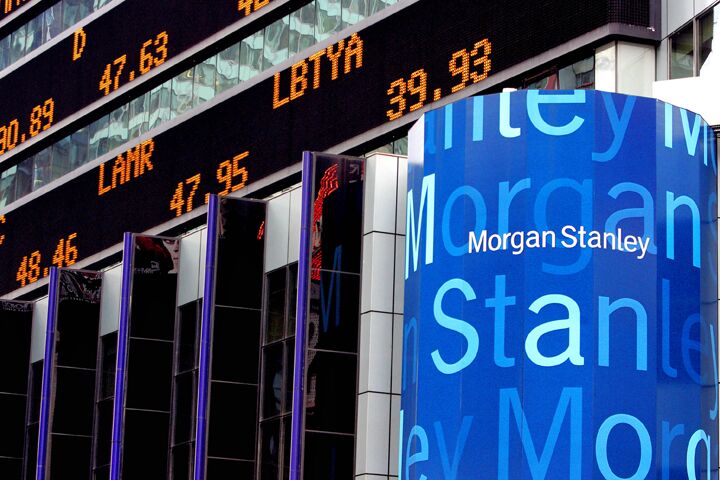
Morgan Stanley Goes to China Cap in Hand
Morgan Stanley just posted its first quarterly loss ever—a whopping $3.59 billion. Further stunning Wall Street, Stanley announced a steeper-than-expected $5.7 billion write-down on its subprime mortgage-related assets. But highlighting the severity of the ongoing banking crisis most clearly was the terms Morgan Stanley accepted as part of its negotiated cash injection from its new Chinese creditors.
For 72 years, Morgan Stanley, an icon of American investment banking, uninterruptedly powered ahead. Neither sleet, nor snow, nor World War ii, nor the 1987 Black Monday stock market meltdown, nor the savings-and-loan crisis, nor the dot-com bust prevented this banking behemoth from posting profits.
So when Morgan Stanley reports such large losses, it is time to sit up and take notice.
Morgan Stanley blamed the loss on continued deterioration in the credit markets and the fact that few investors want to hold subprime and other mortgage-related securities anymore.
Stanley’s financial announcement was “a clear negative for the franchise,” said Jeff Harte, an analyst for Sandler O’Neill & Partners. “It’s hard to get optimistic after a mess like this.”
However, the most revealing statement as to its deteriorating financial condition was Morgan Stanley’s announcement that it went cap in hand to the Chinese government for a bailout. The China Investment Corporation, a state-owned investment fund, will purchase almost 10 percent of Morgan Stanley. More revealing yet is the fact that Morgan Stanley is paying the Chinese fund annual interest of 9 percent on its investment.
But Morgan Stanley is not alone. Citigroup, another of America’s largest banks, recently had to pay 11 percent interest to attract a state-owned United Arab Emirates investment fund to come to the rescue after multi-billion dollar losses. Then, analysts called the 11 percent interest a “loan-shark” rate. Nine percent, although better, is still in that category.
If America’s most prestigious financial institutions are in trouble—forced to borrow from foreign governments as well as pay exorbitant rates—what does that portend for the rest of the economy?
